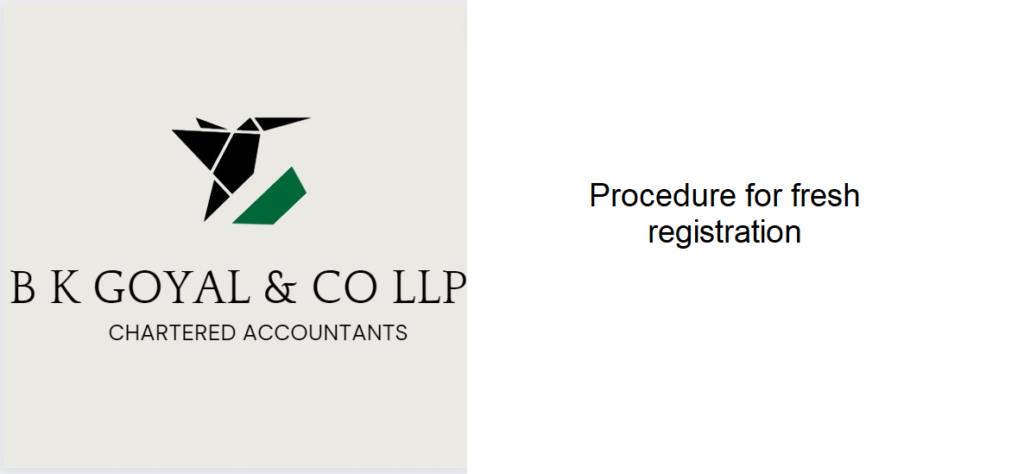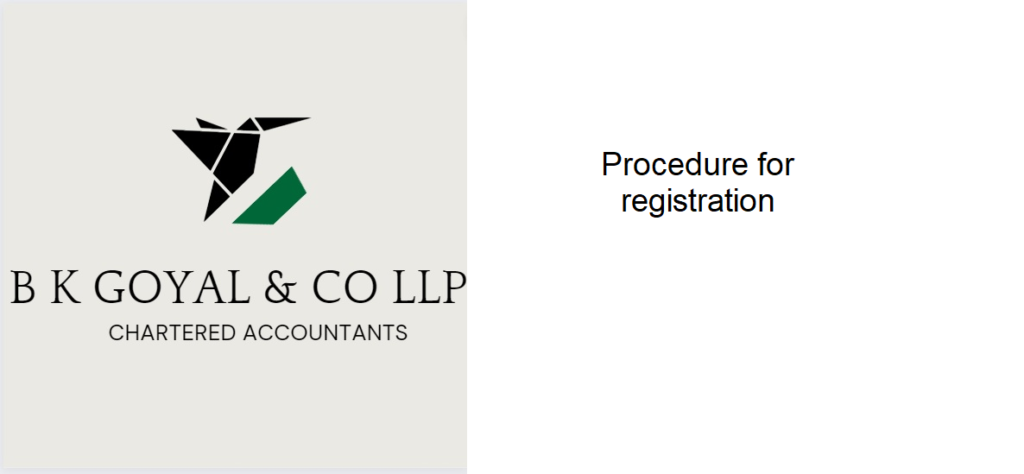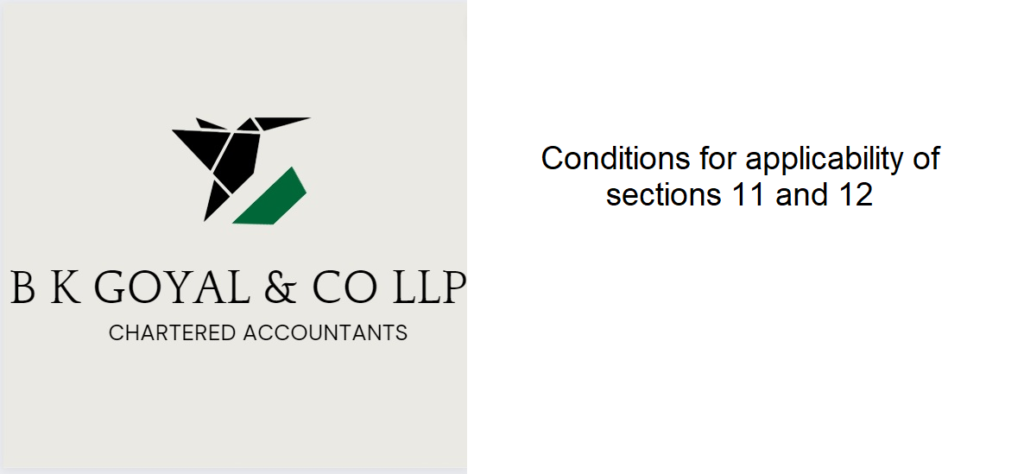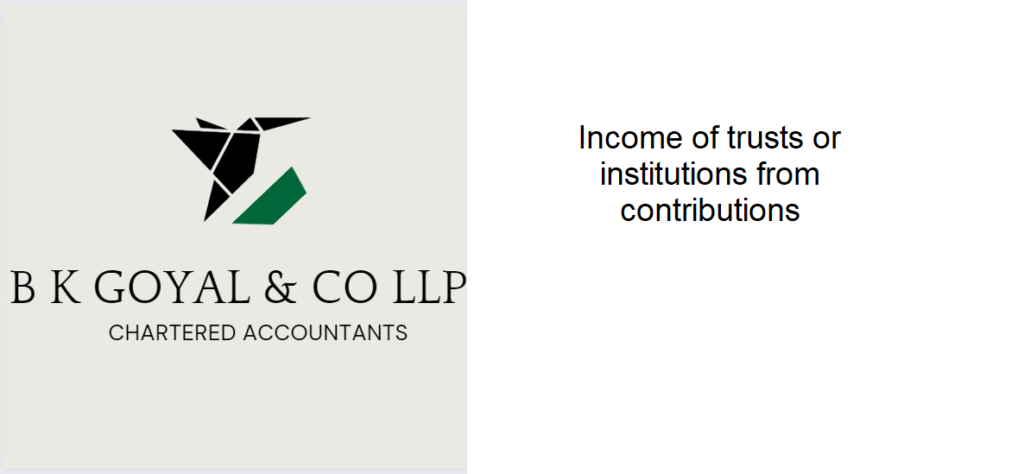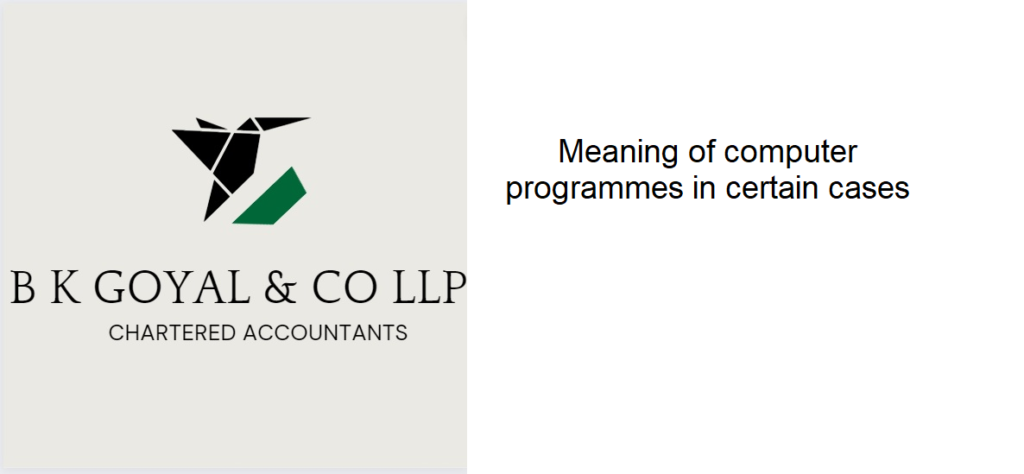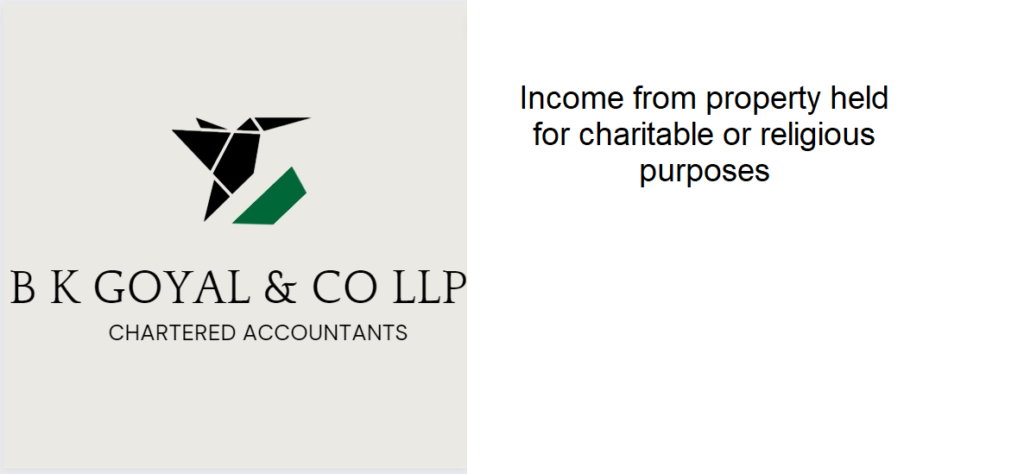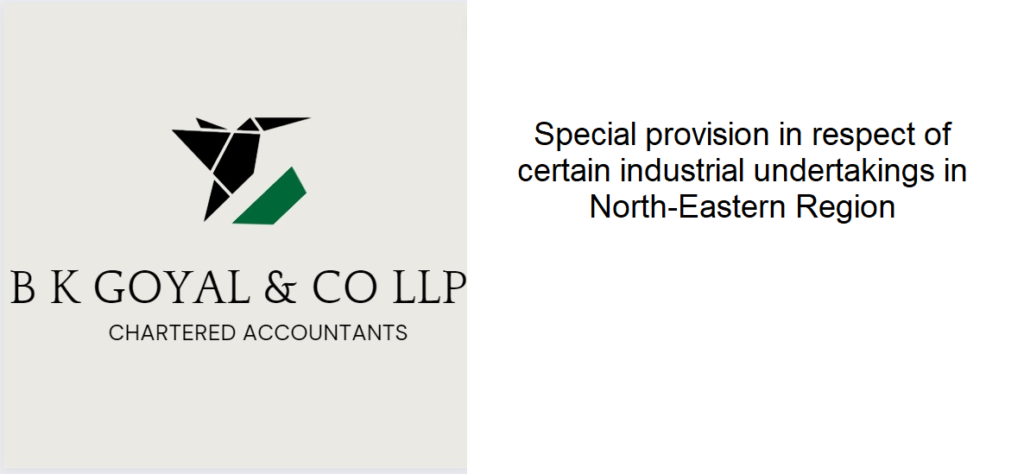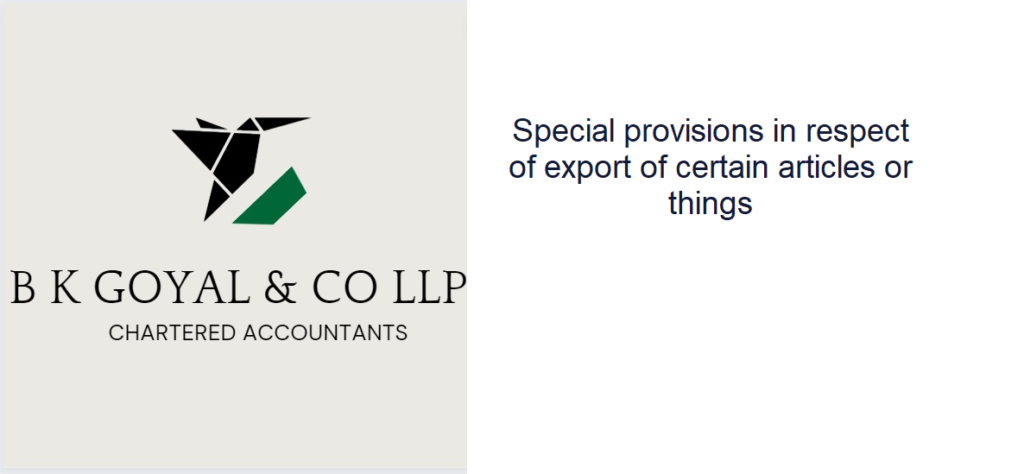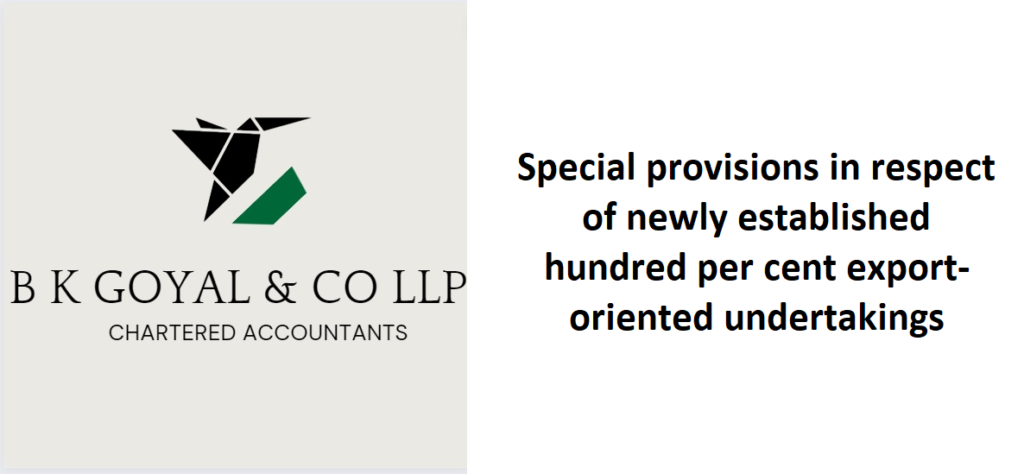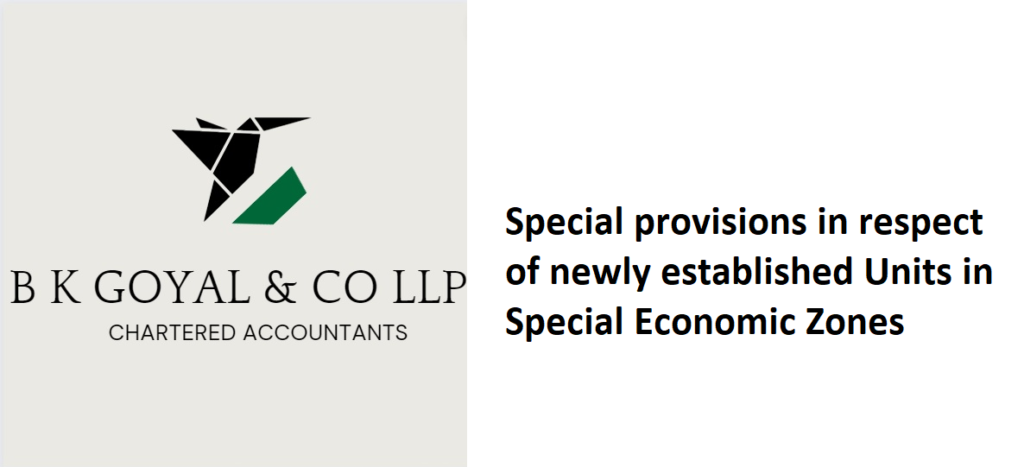Procedure for fresh registration
If you’re planning to establish a charity or philanthropic organization in India, it’s crucial to register for Section 12AB of the Income Tax Act to avail the tax exemptions and benefits provided under Indian tax laws. In this blog post, we’ll outline the steps involved in the process of fresh registration for income tax Section 12AB. Step 1: Obtain PAN and TAN The first step towards registration is obtaining a Permanent Account Number (PAN) and Tax Deduction and Collection Account Number (TAN), which are mandatory for all types of organizations in India, including charitable trusts. Step 2: Create a Trust Deed The next step is to draft a trust deed, a legal document that outlines the trust’s objectives, activities, and governing rules. The trust deed must include essential information such as: The name of the trust The trust’s objectives and activities The names and addresses of trustees Regulations for the governance of the trust Procedures for the appointment and removal of trustees Procedures for the dissolution of the trust The trust deed must be executed on a non-judicial stamp paper and signed by all trustees in the presence of two witnesses. Step 3: Register the Trust Deed The trust deed must be registered with the Registrar of Assurances or Sub-Registrar of the district where the trust is located. The registration fee may differ from state to state. Step 4: Collect Necessary Documents for Registration The following documents are required for the registration of Section 12AB: A copy of the trust deed and its registration certificate Copies of the PAN and TAN Copies of the address proofs of trustees Copies of the trust’s accounts and audit reports for the last three years A list of donors and their contributions Step 5: Apply for Registration The application for registration must be submitted online in Form 10A on the Income Tax Department’s website. The following details must be provided in the form: The name and address of the trust The trust’s objectives and activities Details of trustees, including their PAN and Aadhaar numbers Details of the authorized signatory Registration details of the trust deed Details of the donor’s contributions Step 6: Verification and Approval After submitting the application, the Income Tax Department will review the documents and information provided in the application. If everything is in order, the department will issue a registration certificate under Section 12AB of the Income Tax Act. The certificate will be valid for five years and can be renewed by filing an application in Form 10AB. Conclusion Registering for Section 12AB is an important step for philanthropic trusts in India as it provides various tax exemptions and benefits to the trust and its donors. By following the aforementioned procedure, you can register your trust and commence your philanthropic activities in India. section 12AB of Income Tax Act, 1961 (1) The Principal Commissioner or Commissioner, on receipt of an application made under clause (ac) of sub-section (1) of section 12A, shall,— (a) where the application is made under sub-clause (i) of the said clause, pass an order in writing registering the trust or institution for a period of five years; (b) where the application is made under sub-clause (ii) or sub-clause (iii) or sub-clause (iv) or sub-clause (v) of the said clause,— (i) call for such documents or information from the trust or institution or make such inquiries as he thinks necessary in order to satisfy himself about— (A) the genuineness of activities of the trust or institution; and (B) the compliance of such requirements of any other law for the time being in force by the trust or institution as are material for the purpose of achieving its objects; (ii) after satisfying himself about the objects of the trust or institution and the genuineness of its activities under item (A) and compliance of the requirements under item (B), of sub-clause (i),— (A) pass an order in writing registering the trust or institution for a period of five years; or (B) if he is not so satisfied, pass an order in writing rejecting such application and also cancelling its registration after affording a reasonable opportunity of being heard; (c) where the application is made under sub-clause (vi) of the said clause, pass an order in writing provisionally registering the trust or institution for a period of three years from the assessment year from which the registration is sought, and send a copy of such order to the trust or institution. (2) All applications, pending before the Principal Commissioner or Commissioner on which no order has been passed under clause (b) of sub-section (1) of section 12AA before the date on which this section has come into force, shall be deemed to be applications made under sub-clause (vi) of clause (ac) of sub-section (1) of section 12A on that date. (3) The order under clause (a), sub-clause (ii) of clause (b) and clause (c), of sub-section (1) shall be passed, in such form and manner as may be prescribed, before expiry of the period of three months, six months and one month, respectively, calculated from the end of the month in which the application was received. 94[(4) Where registration or provisional registration of a trust or an institution has been granted under clause (a) or clause (b) or clause (c) of sub-section (1) or clause (b) of sub-section (1) of section 12AA, as the case may be, and subsequently,— (a) the Principal Commissioner or Commissioner has noticed occurrence of one or more specified violations during any previous year; or (b) the Principal Commissioner or Commissioner has received a reference from the Assessing Officer under the second proviso to sub-section (3) of section 143 for any previous year; or (c) such case has been selected in accordance with the risk management strategy, formulated by the Board from time to time, for any previous year, the Principal Commissioner or Commissioner shall— (i) call for such documents or information from the trust or institution, or make such inquiry as he thinks necessary in order to satisfy himself about the occurrence or otherwise of any specified
Procedure for fresh registration Read More »
